Accent or decrescendo?
One of the things you should be careful about when you play works by Schubert is not to take his diminuendo markings literally all the time.
We will look at some examples of his manuscripts, and you will see it is not always easy to tell whether he wrote an accent or a diminuendo.
Examination - Fantasy in C major
Let's start with Fantasy in C major.

The markings highlighted in blue are what we will think about. Do they look like accents or decrescendo to you?
Barenreiter edition interprets all of them as accents.
Breitkopf and Schott editions interpret them more as diminuendos like you see below.

Examination - Symphony No.8
Next examples are from Symphony No.8.
First, the opening section of the 1st movement.
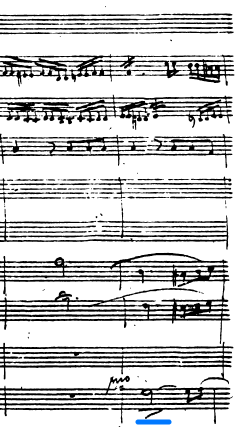
And this comes 2 measures later. You will notice that the marking is longer looking more like a diminuendo this time.
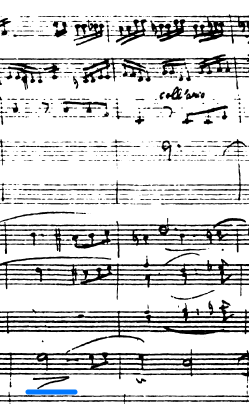
Both Barenreiter and Breitkopf interpret them as accents.
Next, this is at the end of the exposition.
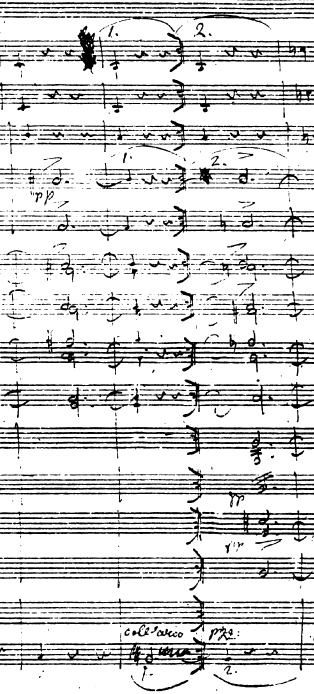
Breitkopf interprets them as diminuendo like you see below.
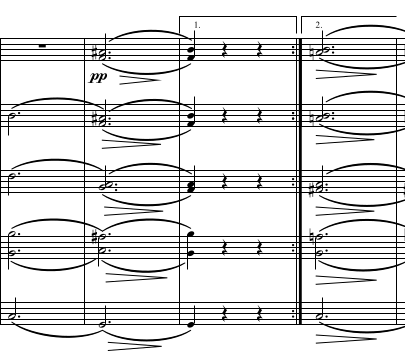
The next example is from the last few measures of the 1st movement.
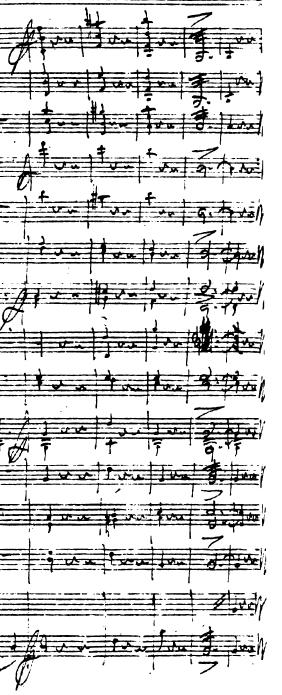
Barenreiter indicates an accent. Breitkopf indicates a diminuendo like this.
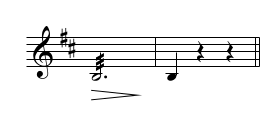
This example is from the beginning part of the 2nd movement
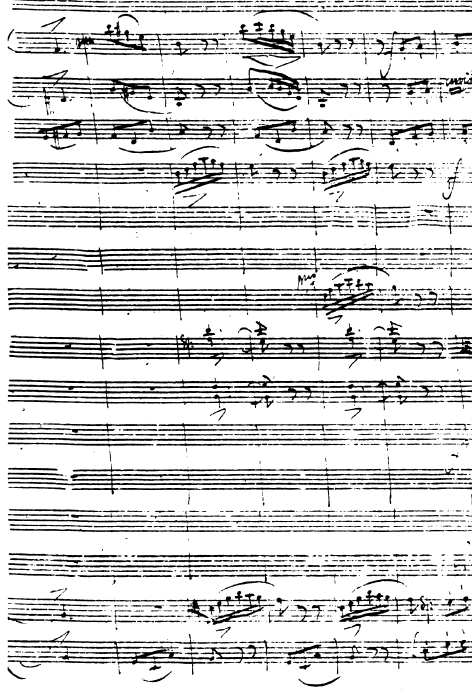
Again, you will see accents in the Barenreiter, but in Breitkopf, all of them are interpreted as more like a decrescendo.
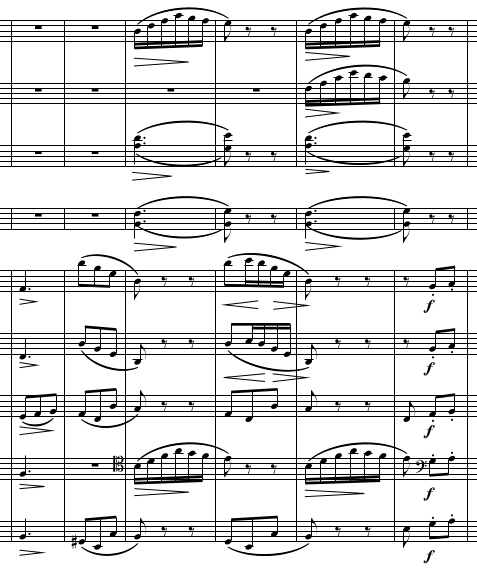
A few measures after that, you will see this.
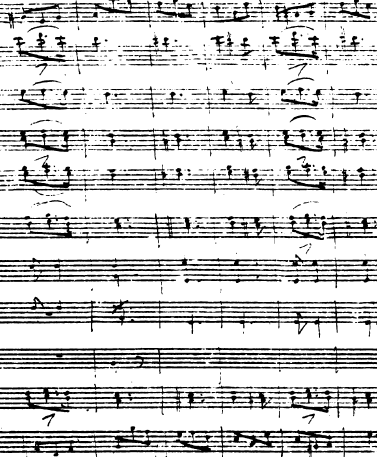
These are treated as accents in both Breitkopf and Barenreiter.
Examination - Quartet in A minor, D.804
Let's look at an example from the 3rd movement of his A minor quartet.
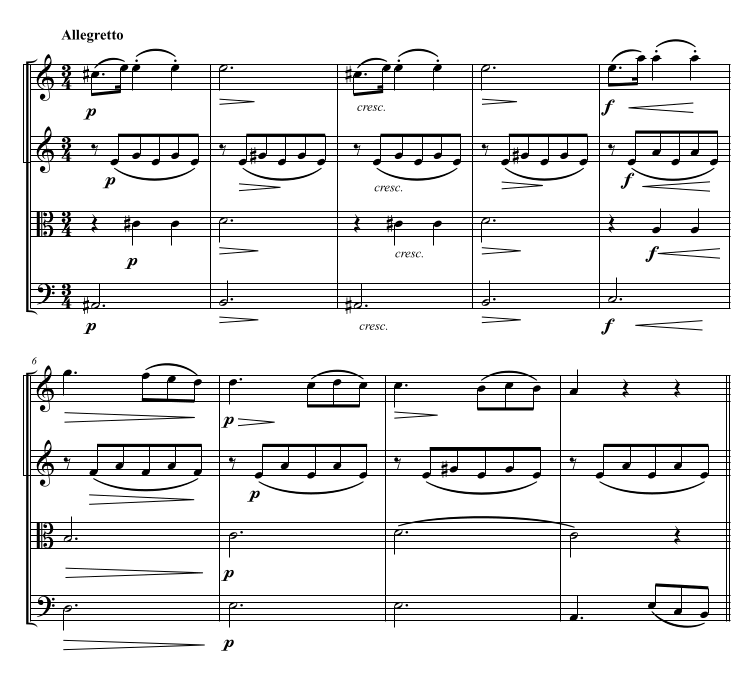
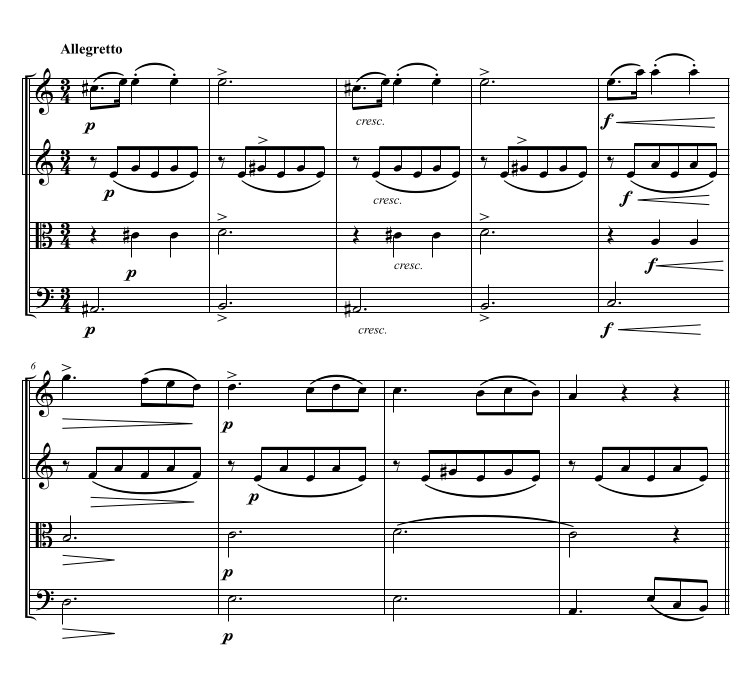
I would like you to pay attention especially to the 2nd and the 4th measures when comparing these scores. Breitkopf indicates more of a decrescendo whereas Eulenburg clearly indicates accents.
In individual parts, you will see decrescendo in Edition Peters like so:

The takeaway
After observing all these examples you might be confused as to what you should do. Should you trust the interpretation of the publisher, or should you doubt every accent and diminuendo in Schubert's music? Maybe we should treat Schubert's accents more as a decrescendo, or his decrescendo more as an accent?
I think the key point here is to understand what he meant by these accent/decrescendo. I am not going to tell you what he meant because for one, I am not a Schubert expert, but more importantly because each of us should study his score and understand what he was trying to tell us. And that outcome will be different depending on what each of us sees and feels. As long as we remain true to the composer, we will each arrive at an interpretation that the composer will most likely approve.